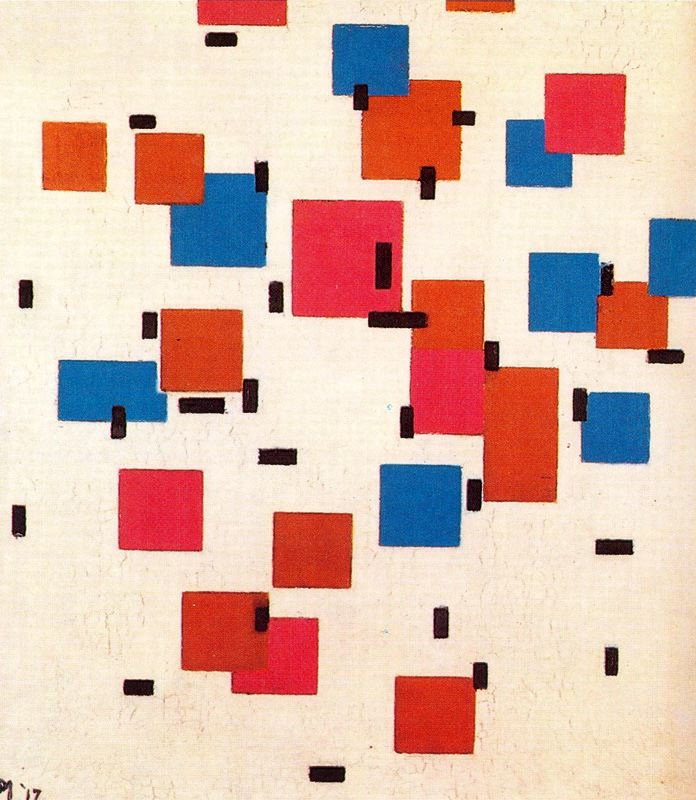Remembering and understanding the past. The value of literature for Memory Studies
DOI:
https://doi.org/10.13133/2239-1983/18765Abstract
The article traces the emergence and evolution of the field of memory studies and its impact on the study of literature. It reconstructs the initial first and second waves of memory research, and it highlights key trends in its third and fourth phases. The article then examines the main theories of cultural memory studies and explores the role of literature in shaping collective memory dynamics. While the theoretical foundations of cultural memory studies prioritise intermedial and contextualist interpretations of culture, potentially downplaying the significance of literature, the article shows that recent works with a focus on the ethical dimensions of memory narratives have reaffirmed the crucial role of literature as a heuristic tool for understanding and reflecting on the past and present. As a result, despite the theoretical trajectory of the field, memory studies research interested in developing a complex ethical perspective on the past continues to affirm and preserve literature’s enduring value.
Downloads
Published
How to Cite
Issue
Section
License
Gli autori che pubblicano su questa rivista accettano le seguenti condizioni:- Gli autori mantengono i diritti sulla loro opera e cedono alla rivista il diritto di prima pubblicazione dell'opera, contemporaneamente licenziata sotto una Licenza Creative Commons - Attribuzione che permette ad altri di condividere l'opera indicando la paternità intellettuale e la prima pubblicazione su questa rivista.
- Gli autori possono aderire ad altri accordi di licenza non esclusiva per la distribuzione della versione dell'opera pubblicata (es. depositarla in un archivio istituzionale o pubblicarla in una monografia), a patto di indicare che la prima pubblicazione è avvenuta su questa rivista.
- Gli autori possono diffondere la loro opera online (es. in repository istituzionali o nel loro sito web) prima e durante il processo di submission, poiché può portare a scambi produttivi e aumentare le citazioni dell'opera pubblicata (Vedi The Effect of Open Access).


